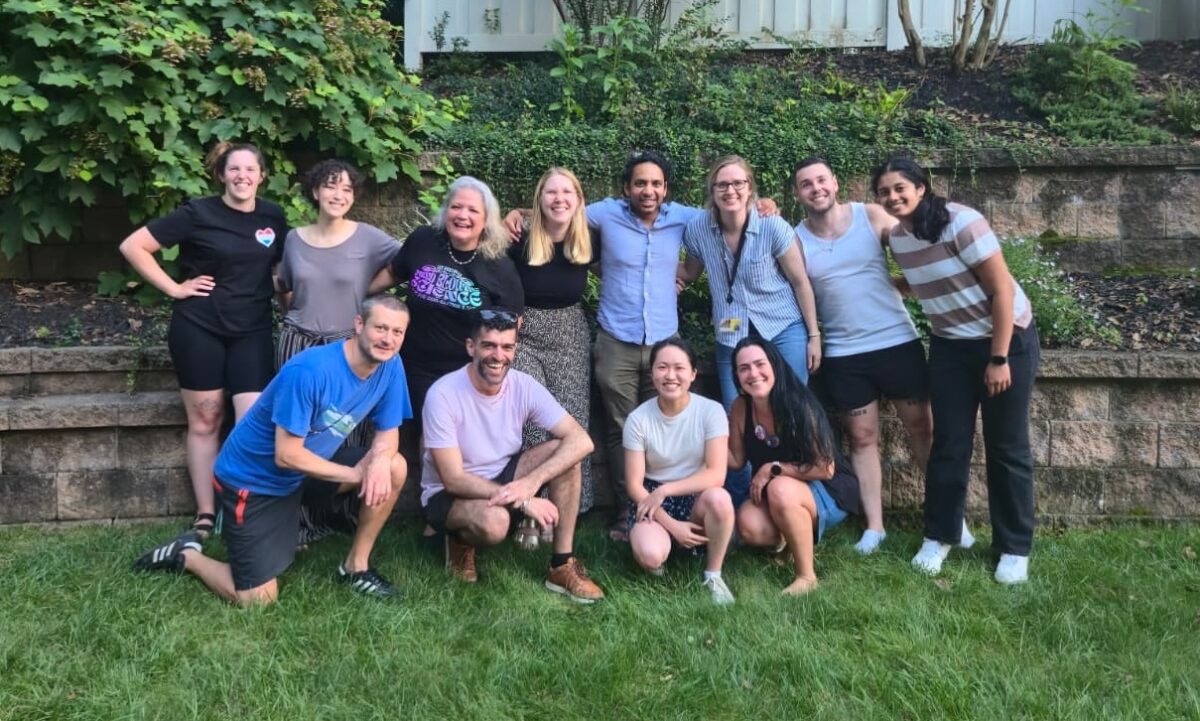PI
David Serre, Dr. rer. nat. ✉
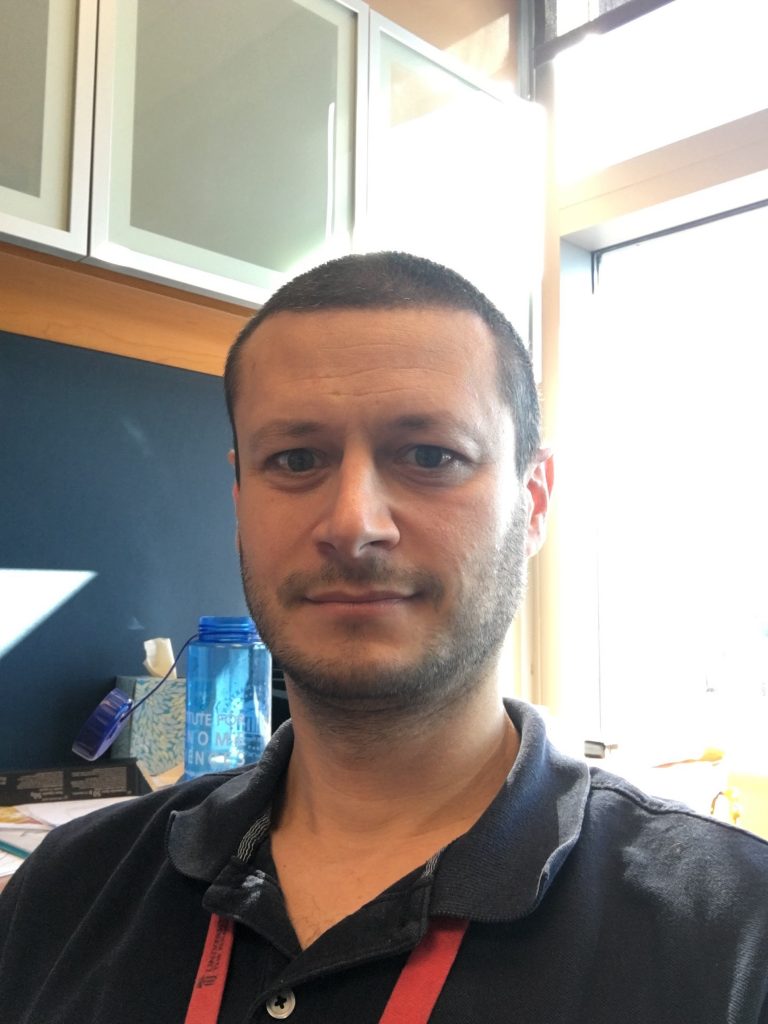
David Serre trained in human population genetics and received his Ph.D. from the Max Planck Institute for Evolutionary Anthropology in Leipzig (Germany) in 2004. He then joined the McGill University and Genome Quebec Innovation Centre for a post-doctoral fellowship, working on the regulation of gene expression and genome-wide association studies. After nine years as a faculty at the Cleveland Clinic and Case Western Reserve University, he joined the Institute for Genome Sciences and the Department of Microbiology and Immunology at the University of Maryland – Baltimore in 2017.
Interests: Plasmodium vivax, malaria, vector biology, eukaryotic parasites, gene expression, population genetics
Research Associates
Franck Dumetz, PhD ✉

Dr. Franck Dumetz obtained his bachelor’s in biology from the Université Libres des Sciences et Technologies in Lille, France in 2010 working on Cryptosporidium parvum. He then obtained a master’s degree in molecular and cellular biology in 2012 from the Pierre and Marie Curie university in Paris, France. His master’s research was caried out under the supervision of Dr. Gerald Spaeth at the Pasteur Institute in Paris to study the interaction between MAP kinase 7 and metacaspase in Leishmania major. He then pursued a PhD focusing on this parasite and obtained his PhD from the University of Antwerp (Belgium) in 2018 after working under the supervision of Prof. Dr. Jean-Claude Dujardin at the Institute for Tropical Medicine of Antwerp. During his doctoral investigations, Dr. Dumetz generated experimental evidence of the role of gene dosage in the acquisition of antimony resistance in L. donovani. He absolved a first postdoctoral training at in the department of pathology at Cambridge University under the supervision of Dr. Catherine Merrick where he demonstrated the involvement of guanine quadruplexes, an RNA secondary structure, in translation repression in the Plasmodium falciparum. This Plasmodium experience led him to join the Serre lab in 2021 for a second postdoc to work on RNA packaging and translation repression in P. falciparum. In 2023, Dr. Dumetz was promoted Research Associate.
My research interest is to provide knowledge on how unicellular eukaryotes (protozoan) use the variety of RNA biological mechanisms to progress in their life cycle. I am focusing on two different species of protozoan of medical interest: Plasmodium, the parasite causing malaria and Leishmania, the agent of leishmaniasis. Those two diseases are the two most prevalent human diseases caused by a parasite.
Postdocs
Janne Grünebast, Dr. rer. nat. ✉

Janne Grünebast obtained her Bachelor of Science in Biology from the University of Halle-Wittenberg (Germany). After a gap year travelling the world, she completed her Master’s degree at the same university in 2018, specialising in genetics, epigenetics and molecular biology. She then pursued her PhD at the Bernhard Nocht Institute for Tropical Medicine (BNITM) in Hamburg, Germany, under the supervision of Dr. Joachim Clos. She worked on the influence of chromatin density on transcription initiation in Leishmania donovani and established new sequencing methods in Leishmania parasites. She received her PhD from the University of Hamburg in 2022 and continued her work at the BNITM as a postdoc for another year. In May 2023, she joined the Serre lab as a postdoc.
I am interested in the control of gene expression in Plasmodium falciparum, particularly the regulation of transcription and translation during gametocytogenesis and the significance of long non-coding RNAs in these processes. I employ various sequencing methods, including bulk RNA-seq, single-cell RNA-seq and Oxford nanopore direct RNA sequencing.
Jaclyn Smith, PhD ✉
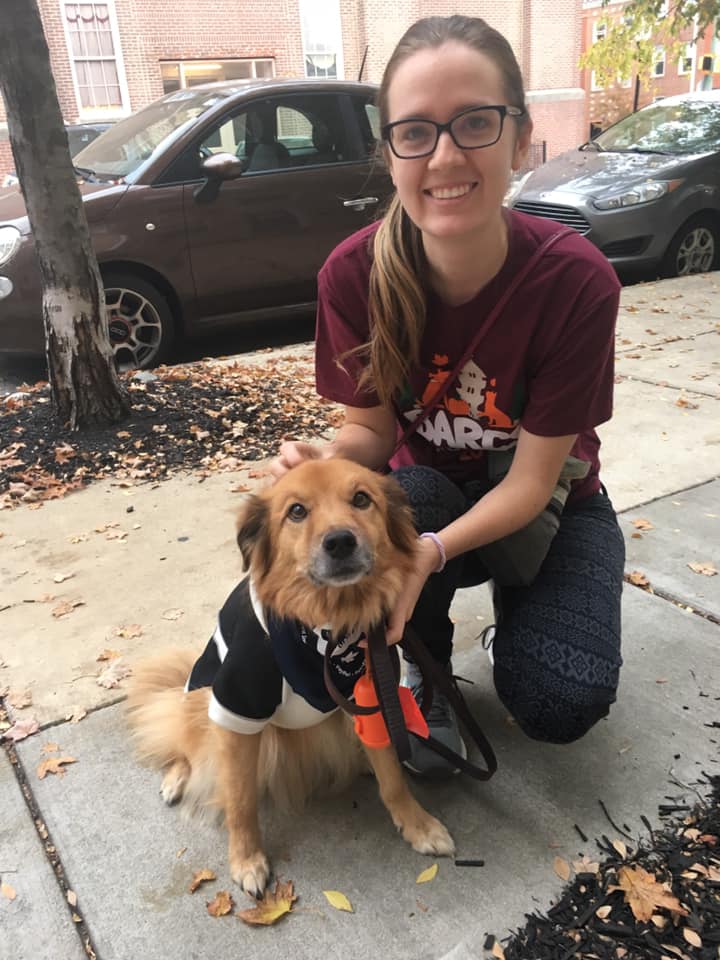
Jaclyn Smith obtained her Bachelor of Science in Biochemistry at North Carolina State University before joining the Biochemistry, Cellular, and Molecular Biology graduate program at the Johns Hopkins University School of Medicine. In the laboratory of Monica Mugnier, PhD, she developed a suite of tools to study antigenic variation, specifically Variant Surface Glycoprotein (VSG) diversification in Trypanosoma brucei. Jaclyn received her PhD in 2024 and joined the lab as a postdoc in June 2024.
I am interested in how pathogens evade the host immune system using antigenic variation. I am curious how pathogens evolve their antigen repertoire over time and how they regulate monogenic expression.
PhD Candidates
Rosita Asawa ✉
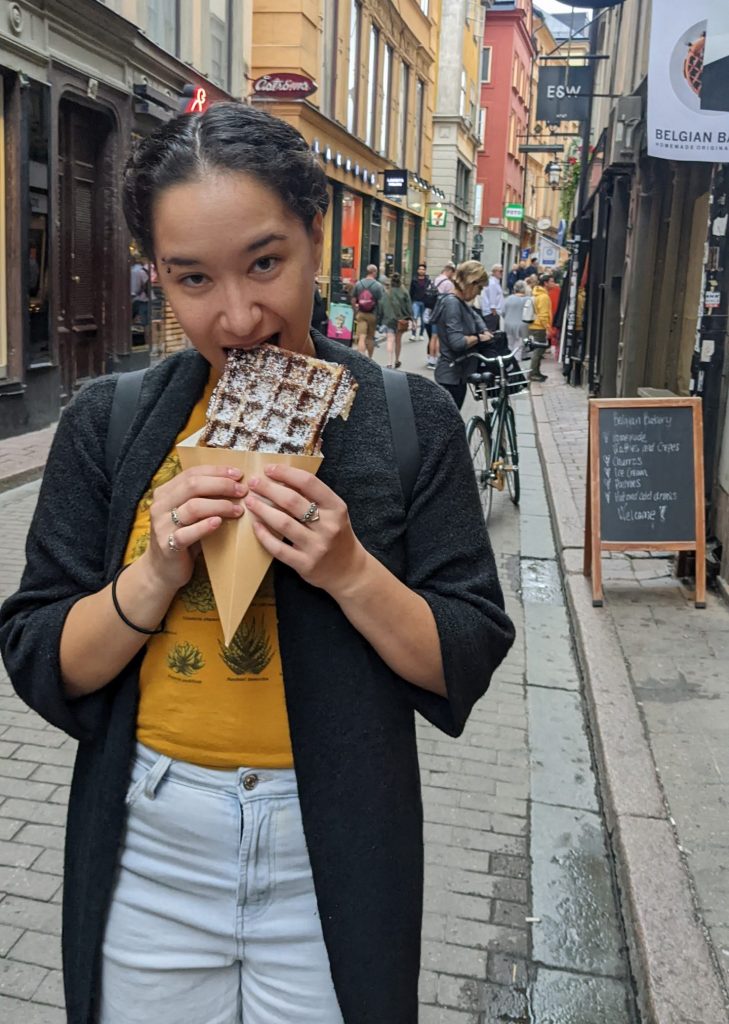
Rosita Asawa earned her bachelor’s degree in Biology from Franciscan University of Steubenville in 2016. Following graduation, Rosita completed a post-baccalaureate fellowship at NCATS/NIH where she worked on early-stage drug development using high-throughput screening technologies. She is in the Medical Scientist Training Program at the University of Maryland, Baltimore and is a pre-doctoral student in the Molecular Microbiology and Immunology graduate program. Rosita joined the Serre lab in June 2023.
Broadly my research in the Serre lab focuses on vaccine and therapeutic development for Plasmodium vivax malaria. My project focuses on the characterization of antibody responses to P. vivax proteins in adults living in the malaria endemic region of Cambodia. Using a high-density peptide array containing the entire known P. vivax proteome, we aim to identify and characterize novel vaccine candidates and biomarkers of hypnozoite carriage.
Katie Ko ✉
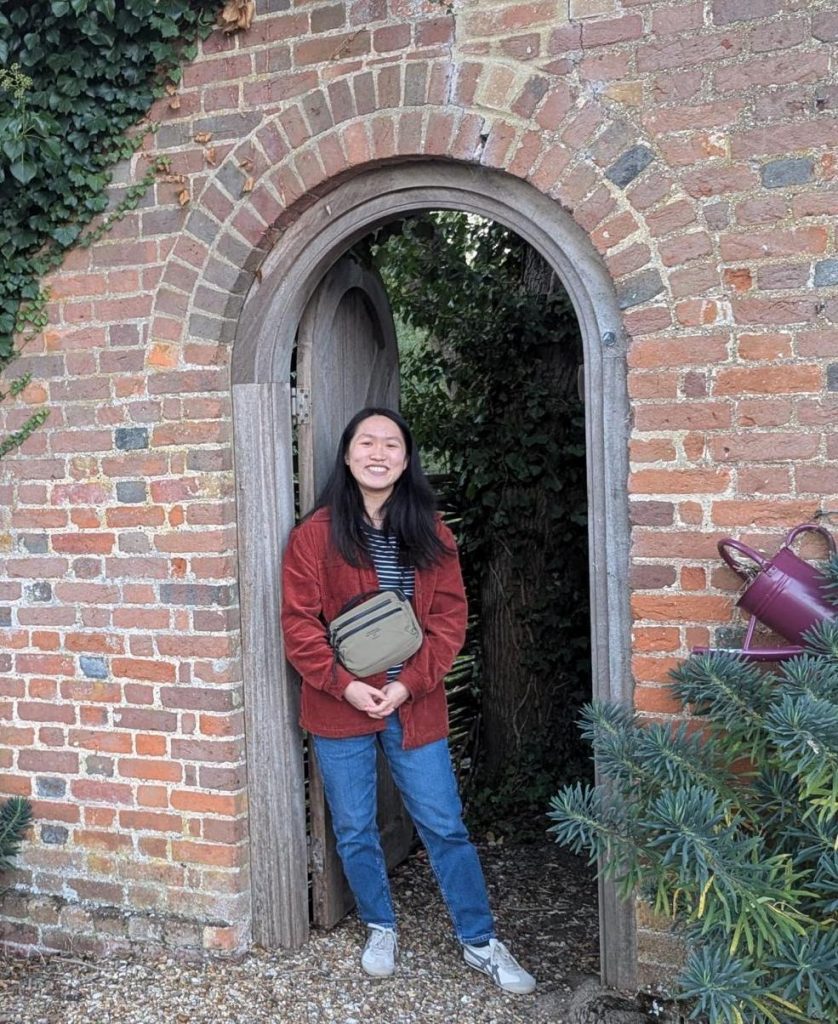
Katie Ko completed her bachelor’s degree at University of Maryland, College Park in 2022, majoring in Microbiology and minoring in Computer Science. During her undergraduate studies, she interned at the FDA and USDA, gaining experience using bioinformatics for pathogen detection. She is a student in the Molecular Medicine PhD program. Katie joined the Serre lab in June 2024.
My research interests focus on understanding drug resistance in Plasmodium vivax. My current project involves using whole genome sequencing and RNA sequencing to characterize a deletion in drug resistance gene mdr1. We hope to determine changes in gene expression and antimalarial susceptibility associated with this deletion.
Shashanka Murthy ✉

Shashanka Murthy obtained his Bachelor of Science in Microbiology from Michigan State University. His previous research was in cellular reprogramming, mainly in animal cloning and induced pluripotent stem cell (iPSC) molecular biology. Prior to joining the Molecular Microbiology and Immunology graduate program, he was genomics and sequencing lead at the Ohio State University’s Infectious Disease Institute. He joined the Serre Lab in August 2025.
…
Lab Pets

Mane (Rosita)

Sonny (Franck)

Scooter (Katie)

Simba (Jaclyn)

Nala (Jaclyn)
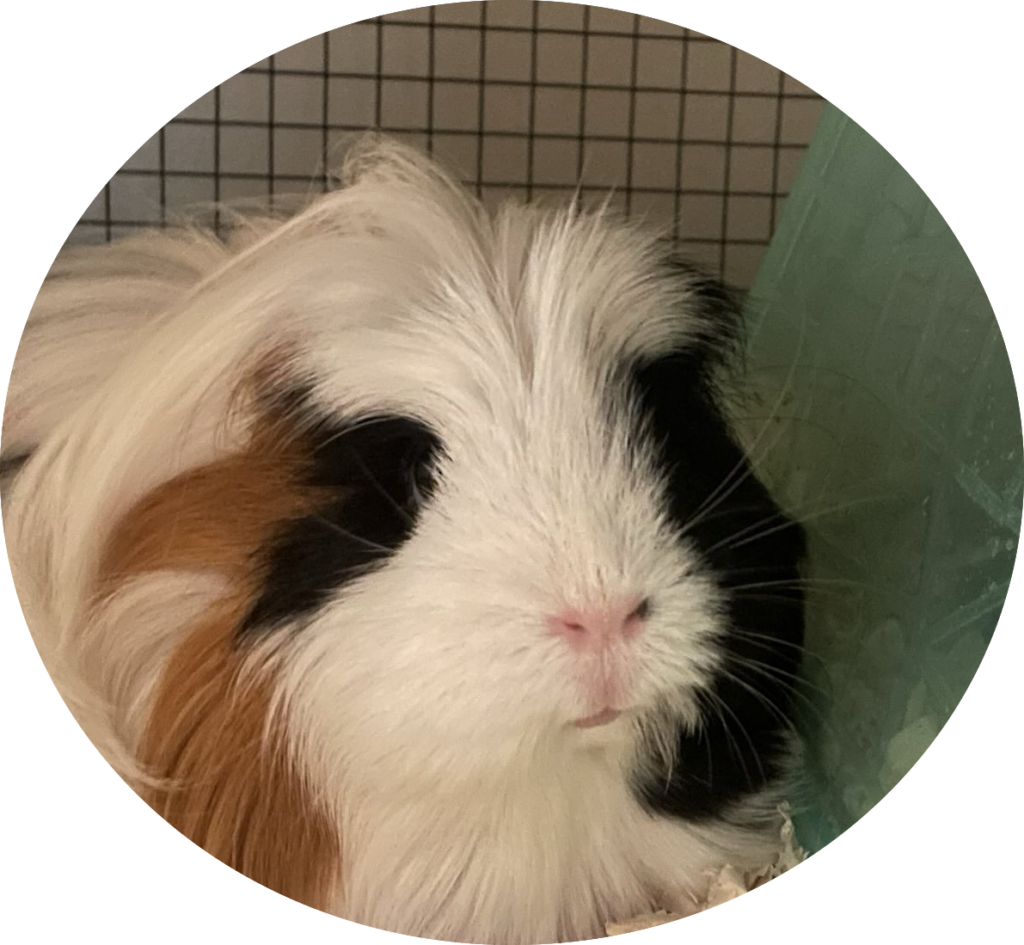
Anthony (David)

Chewbacca (David)
Interested in joining the lab?
We are always looking for new lab members interested in parasitology, genomics, and bioinformatics. If you already have computational skills, that is an advantage but not a must. If you would like to work with us as a postdoc, Ph.D. student, post-bac, or intern, simply email us (dserre@som.umaryland.edu)!
Alumni
Matthew V. Cannon (Research Associate) , 2016 – 2021
Katie Bradwell (PostDoc), 2017 – 2019
Claudia Perez (Lab Technician), 2018 – 2019
Haikel Bogale (PhD Candidate), 2016 – 2022
Aliou Dia (PostDoc), 2022 – 2023
Brittany Hazzard (PhD Candidate), 2019 – 2024
Kieran Tebben (PhD Candidate), 2020 – 2024
